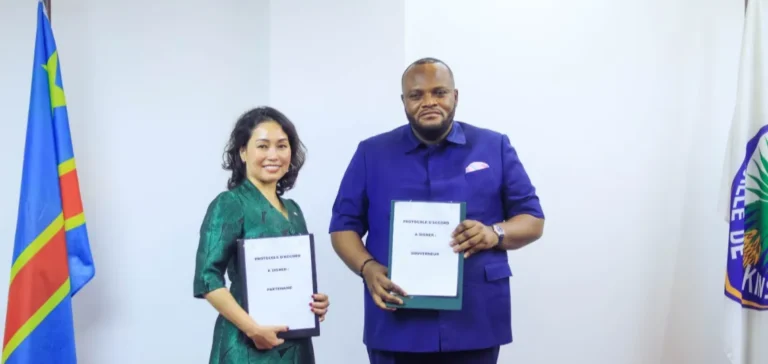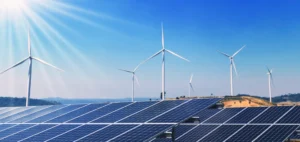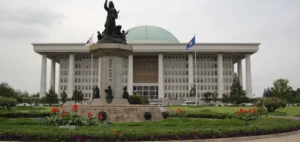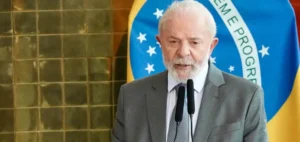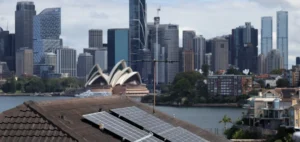The government of Kinshasa has signed a memorandum of understanding with Vingroup, one of Vietnam’s leading private conglomerates, for the planning and implementation of a large-scale urban development. The agreement includes the construction of a 6,300-hectare metropolitan zone and the gradual conversion of more than 300,000 combustion engine vehicles into electric ones, supported by a comprehensive electric bus and taxi network.
The project will be located between the southern bank of the Congo River and the northern area of N’djili International Airport. This strategic location is part of the capital’s urban expansion plan, which aims to create a new administrative, residential, and commercial hub. The site will also include schools, hospitals, shopping centres, and recreational facilities to accommodate Kinshasa’s growing population.
A structuring partnership for the Congolese capital
The city of Kinshasa has committed to providing the required land at no cost. This cooperation with Vingroup is based on the group’s international experience in large-scale real estate and urban infrastructure projects. The initiative aims to boost the city’s economic attractiveness and modernise its urban services.
The memorandum of understanding specifies that Vingroup will manage the planning and coordination of all development phases, from infrastructure design to the commissioning of public areas and transport networks. The project will also include energy transition infrastructure, notably electric charging stations.
Towards an integrated electric mobility model
Vingroup’s subsidiaries, VinFast and GSM, will take part in establishing an electric mobility network to replace over 300,000 internal combustion vehicles. VinFast will supply suitable models for the local market and lead the deployment of an electric Bus Rapid Transit (BRT) system. The city has committed to allocating land for the installation of charging stations to accelerate the transition.
This partnership reflects the Congolese authorities’ strategy to integrate urban development with energy policy in a coordinated approach. By embedding electric mobility into its urban planning, Kinshasa seeks to structure its growth while reducing dependency on imported fuels.
A strategic cooperation axis between Africa and Asia
With a population of around 17 million, Kinshasa is one of the largest African metropolises and a key market for international actors in the energy and infrastructure sectors. For Vingroup, this initiative marks a major step in its expansion strategy in Africa, relying on its expertise in technology, real estate, and electric mobility.
The memorandum signed with Kinshasa positions the Vietnamese group as a key partner in implementing the urban energy policies of the Democratic Republic of the Congo. The project illustrates the rise of new intercontinental cooperation models around urban planning and energy transition.


